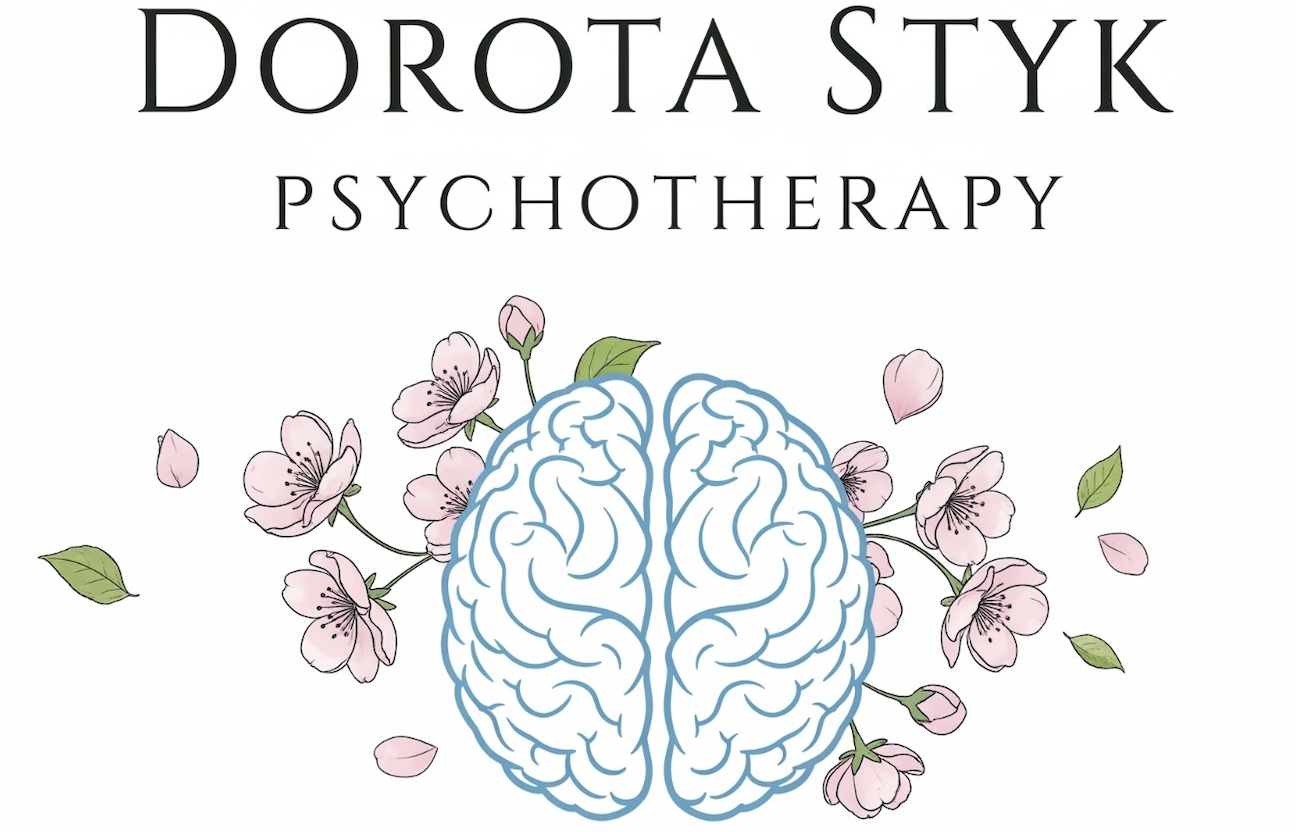
The Efficacy of Counselling for Emotional Balance: A Scientific Review
Why Counselling Could Be Good for Emotional Imbalance: An Evidence-Based Perspective
Counselling can be highly beneficial for addressing emotional imbalance, as evidenced by numerous scientific studies. This article will explore the effectiveness of counselling for emotional regulation and overall mental well-being, drawing on peer-reviewed research.
Effectiveness of Counselling for Emotional Regulation
Counselling, particularly evidence-based approaches like Cognitive Behavioral Therapy (CBT) and Dialectical Behavior Therapy (DBT), has shown significant efficacy in improving emotional regulation skills.
Cognitive Behavioral Therapy
CBT is one of the most extensively researched psychotherapy approaches. A meta-analysis by Hofmann et al. (2012) found that CBT was highly effective for various emotional disorders, including anxiety and depression. The study reported large effect sizes for treating anxiety disorders (Hedges’ g = 0.73) and moderate effect sizes for mood disorders (Hedges’ g = 0.67).
CBT works by helping individuals identify and challenge negative thought patterns that contribute to emotional distress. Through this process, clients learn to develop more balanced and realistic perspectives, leading to improved emotional regulation (Beck, 2011).
Dialectical Behavior Therapy
DBT, originally developed for treating borderline personality disorder, has shown promising results for emotional regulation across various disorders. A systematic review by Panos et al. (2014) found that DBT was effective in reducing emotional dysregulation, self-harm behaviors, and suicidal ideation.
DBT incorporates mindfulness techniques and specific skills training for emotional regulation. Neacsiu et al. (2014) demonstrated that improvements in emotion regulation skills mediated the reduction of depression symptoms in DBT treatment (β = −0.35, p < 0.001).
Neurobiological Evidence
Recent neuroimaging studies have provided biological evidence for the effectiveness of counselling in emotional regulation. A study by Goldin et al. (2013) used fMRI to examine brain changes in patients with social anxiety disorder who underwent CBT. The researchers found increased activation in brain regions associated with cognitive reappraisal and emotional control, such as the dorsolateral prefrontal cortex.
Similarly, Goodman et al. (2014) observed changes in amygdala reactivity following DBT treatment for borderline personality disorder. Participants showed decreased amygdala activation in response to negative stimuli, indicating improved emotional regulation at a neural level.
Long-Term Benefits
The benefits of counselling for emotional regulation appear to be long-lasting. A longitudinal study by Bockting et al. (2015) followed patients with recurrent depression for 5.5 years after receiving CBT. The study found that those who received CBT had significantly lower relapse rates compared to the control group (60.8% vs 72.5%, p = 0.031), suggesting sustained improvements in emotional regulation.
Counselling for Specific Emotional Challenges
Anxiety Disorders
Anxiety disorders are characterized by excessive worry and fear, often leading to emotional imbalance. A meta-analysis by Cuijpers et al. (2016) examined the efficacy of psychological therapies for generalized anxiety disorder. The study found that CBT was significantly more effective than control conditions, with a large effect size (g = 0.84, 95% CI: 0.71–0.97).
Depression
Depression is another common emotional disorder that can benefit from counselling. A comprehensive meta-analysis by Cuijpers et al. (2013) compared various psychotherapies for adult depression. The study found that all examined therapies were more effective than control conditions, with CBT showing particularly strong effects (d = 0.71, 95% CI: 0.62–0.79).
Post-Traumatic Stress Disorder (PTSD)
PTSD can severely impact emotional regulation. A systematic review and meta-analysis by Cusack et al. (2016) found that trauma-focused psychotherapies, including CBT and Eye Movement Desensitization and Reprocessing (EMDR), were highly effective in reducing PTSD symptoms. The effect sizes for these treatments ranged from 1.08 to 1.27, indicating substantial improvements in emotional functioning.
Mechanisms of Change
Understanding how counselling improves emotional regulation is crucial. Berking et al. (2013) proposed that improvements in emotion regulation skills are a key mechanism of change in psychotherapy. Their study found that changes in emotion regulation skills predicted subsequent changes in depression severity during CBT treatment (β = −0.23, p < 0.001).
Integrating Mindfulness-Based Approaches
Mindfulness-based interventions have gained popularity in recent years for their potential to enhance emotional regulation. A meta-analysis by Khoury et al. (2013) found that mindfulness-based therapies were moderately effective for improving anxiety (Hedge’s g = 0.63) and mood symptoms (Hedge’s g = 0.59) across various disorders.
Conclusion
The scientific literature strongly supports the efficacy of counselling for improving emotional regulation and overall mental health. Evidence-based approaches like CBT and DBT have demonstrated significant and lasting effects on emotional balance across various disorders. Neuroimaging studies provide biological evidence for these changes, showing alterations in brain activity associated with improved emotional control.
While the effectiveness of counselling is well-established, it’s important to note that individual responses may vary. Factors such as the specific type of emotional imbalance, the therapeutic approach used, and the client-therapist relationship can all influence outcomes. Nevertheless, the robust body of research suggests that counselling can be a powerful tool for those seeking to improve their emotional regulation and overall well-being.
As research in this field continues to evolve, new insights into the mechanisms of emotional regulation and the most effective therapeutic approaches are likely to emerge, further refining our understanding of how counselling can best support emotional balance.
References
Baker, R. (2001). An emotional processing model for counselling and psychotherapy: a way forward? Counselling in Practice, 7(1), 8-11.
Barlow, D. H., Allen, L. B., & Choate, M. L. (2004). Toward a unified treatment for emotional disorders. Behavior Therapy, 35(2), 205-230.
Berking, M., Wupperman, P., Reichardt, A., Pejic, T., Dippel, A., & Znoj, H. (2008). Emotion-regulation skills as a treatment target in psychotherapy. Behaviour Research and Therapy, 46(11), 1230-1237.
Boisseau, C. L., Farchione, T. J., Fairholme, C. P., Ellard, K. K., & Barlow, D. H. (2010). The development of the unified protocol for the transdiagnostic treatment of emotional disorders: A case study. Cognitive and Behavioral Practice, 17(1), 102-113.
Bullis, J. R., Sauer-Zavala, S., Bentley, K. H., Thompson-Hollands, J., Carl, J. R., & Barlow, D. H. (2015). The unified protocol for transdiagnostic treatment of emotional disorders: Preliminary exploration of effectiveness for group delivery. Behavior Modification, 39(2), 295-321.
Ellard, K. K., Fairholme, C. P., Boisseau, C. L., Farchione, T. J., & Barlow, D. H. (2010). Unified protocol for the transdiagnostic treatment of emotional disorders: Protocol development and initial outcome data. Cognitive and Behavioral Practice, 17(1), 88-101.
Farchione, T. J., Fairholme, C. P., Ellard, K. K., Boisseau, C. L., Thompson-Hollands, J., Carl, J. R., … & Barlow, D. H. (2012). Unified protocol for transdiagnostic treatment of emotional disorders: A randomized controlled trial. Behavior Therapy, 43(3), 666-678.
Hofmann, S. G., Asnaani, A., Vonk, I. J., Sawyer, A. T., & Fang, A. (2012). The efficacy of cognitive behavioral therapy: A review of meta-analyses. Cognitive Therapy and Research, 36(5), 427-440.
Mennin, D. S., Fresco, D. M., Ritter, M., & Heimberg, R. G. (2015). An open trial of emotion regulation therapy for generalized anxiety disorder and cooccurring depression. Depression and Anxiety, 32(8), 614-623.
Neacsiu, A. D., Eberle, J. W., Kramer, R., Wiesmann, T., & Linehan, M. M. (2014). Dialectical behavior therapy skills for transdiagnostic emotion dysregulation: A pilot randomized controlled trial. Behaviour Research and Therapy, 59, 40-51.
Osma, J., Castellano, C., Crespo, E., & García-Palacios, A. (2018). The unified protocol for transdiagnostic treatment of emotional disorders in group format in a Spanish public mental health setting. Behavioral Psychology, 26(1), 5-22.
Rachman, S. (2001). Emotional processing, with special reference to post-traumatic stress disorder. International Review of Psychiatry, 13(3), 164-171.
Renna, M. E., Quintero, J. M., Fresco, D. M., & Mennin, D. S. (2017). Emotion regulation therapy: A mechanism-targeted treatment for disorders of distress. Frontiers in Psychology, 8, 98.
